South Sudan’s Electoral Dilemma: What Lies Ahead?
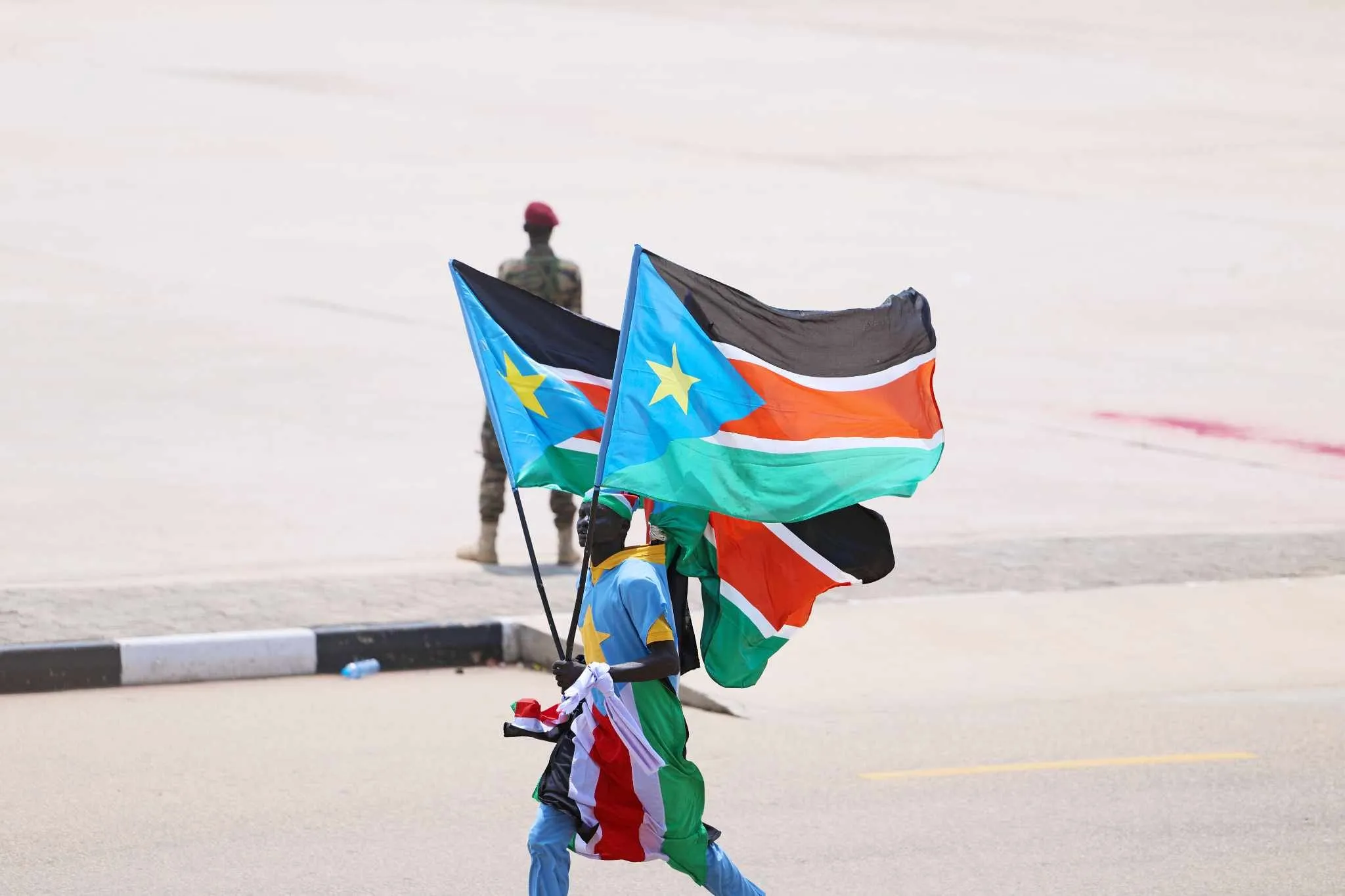
Disclaimer: Opinions expressed in this commentary are those of the authors and do not necessarily represent the institutional position of International IDEA, its Board of Advisers or its Council of Member States.
South Sudan’s repeated election delays reflect a struggle between individual leaders’ political ambitions and the challenges of establishing a stable democracy. Peace and elections are seen as threats by certain leaders within and outside South Sudan’s interim government, who may be willing to use violence and the perpetual postponement of elections to maintain their interests. Furthermore, with the latest postponement of elections to 2026, questions arise as to whether the transitional government can overcome an array of logistical, political and environmental challenges to chart a sustainable path forward for long-term democratization.
Originally set for December 2024, the latest delay marks the fourth such postponement since 2011. The decision sparked widespread domestic and international criticism, with many questioning the government’s commitment to governance and peace. While the government cites ongoing security concerns and logistical challenges, these delays increasingly appear to be stalling tactics, casting doubt on their willingness to establish a stable, democratic system.
To be sure, there are valid concerns about whether South Sudan is ready to hold elections. It’s low-range performances across all four categories of the Global State of Democracy framework, reflect the pressing need for democratic reform. The country ranks 154th out of 173 countries for Representation, 166th for Rights, 158th for Rule of Law, and 161st for Participation.
At the same time, however, credible elections are key to shaping democracy, providing a new government with a clear, publicly endorsed mandate to take forward a definitive plan and providing the opportunity to begin institutionalizing the infrastructure of democratic governance. This foundational role emphasizes why, even amid setbacks, the pursuit of credible elections remains crucial for South Sudan’s democratic future.
A Cry for Peace
South Sudan, the world’s youngest nation, has been marred by conflict, economic turmoil, and a fragile peace process since gaining independence from Sudan in 2011. A 2013 power struggle between President Salva Kiir Mayardit and Vice President Riek Machar led to a civil war with 400,000 deaths, with the crisis worsening recently, as 800,000 refugees and returnees fled into South Sudan from Sudan’s conflict (see Map of South Sudan). Despite the 2018 peace agreement, ending the 2013-2018 civil war, the country remains divided with slow and inconsistent reforms. The transitional unity government, formed in 2020, has been plagued by infighting, corruption, and an unwieldy arrangement with five vice-presidents. Key provisions of the peace deal, like armed forces unification, a population census, and drafting a permanent constitution remain incomplete.
Election Delays: Genuine Hurdles or Political Stalling?
In transitional countries such as South Sudan, elections play a crucial role in legitimizing government and consolidating democracy, peace, and stability; however, poorly timed or sequenced elections can instead heighten tensions, risking renewed conflict or democratic backsliding.
South Sudan’s elections have faced repeated delays since their initial scheduling in 2015. The first postponement followed alleged coup attempts and persistent conflict, leading parliament to amend the constitution to extend terms until 2018. Continued instability pushed the date to 2021, followed by another shift to 2022 as per the 2018 peace agreement. In 2022, the transitional government moved elections to late 2024, citing incomplete preparations. With the latest postponement announced in September 2024, the elections were again delayed until 2026.
The government cited unresolved security issues, logistical barriers exacerbated by severe flooding, and a funding gap hampering voter registration as reasons for the delay.
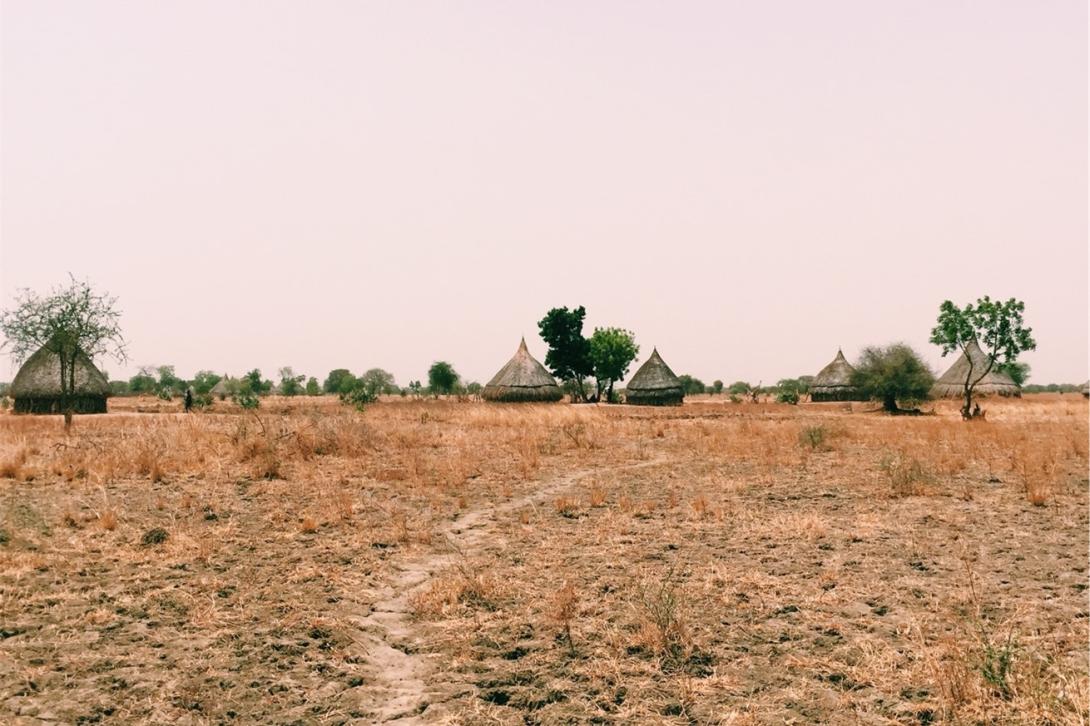
The conditions surrounding South Sudan’s postponed elections posed serious challenges to a credible vote. The lead-up had been marked by violence, economic instability, public distrust in security forces, and delays in critical reforms. Many South Sudanese doubted the government’s ability to hold free and fair elections due to political repression, corruption, and the exclusion of opposition voices. Initiatives like the Tumaini Peace Initiative, intended to engage excluded groups, faltered due to faction withdrawals and the exclusion of women. Meanwhile, international bodies such as the UN warned that inadequate elections preparations risked exacerbating conflict, as unpaid security forces abandoning posts, endangering voter safety.
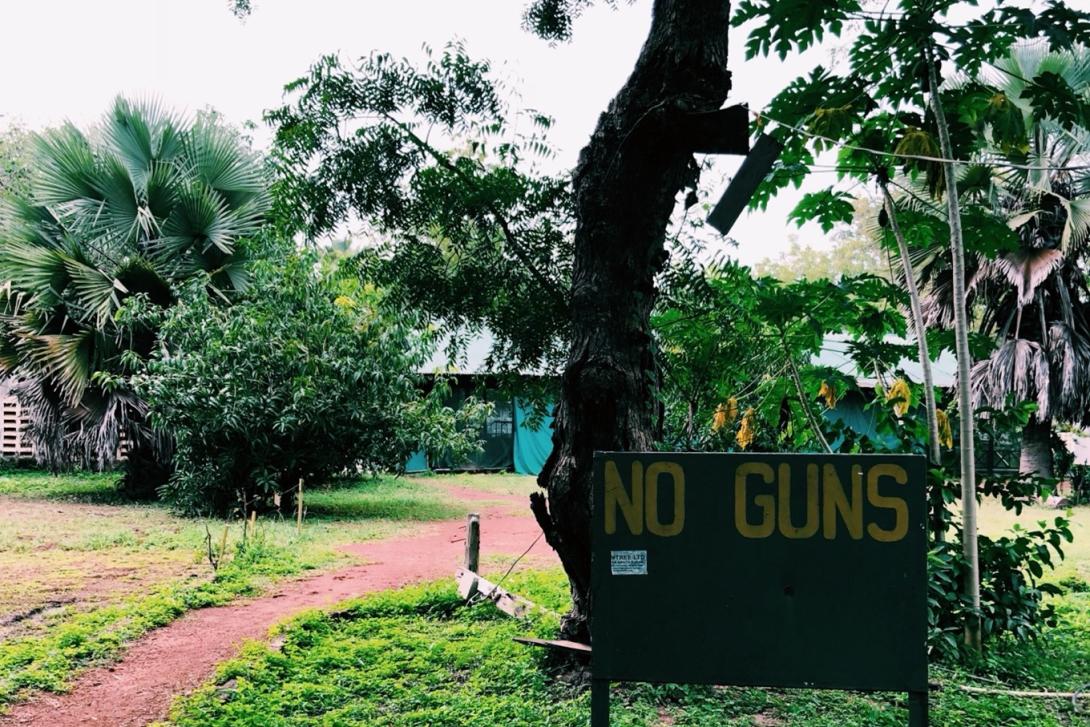
Human rights concerns also grew with the passing of a new security bill allowing for warrantless arrests, adding to a climate of repression. Together with logistical challenges like inadequate voter registration and poor infrastructure, these factors hindered election preparations, prompting frustration from peace agreement guarantors and domestic calls for delay until key reforms were implemented.
Despite these substantial obstacles, many South Sudanese remained eager for the 2024 elections, hoping they could bring stability and address urgent issues.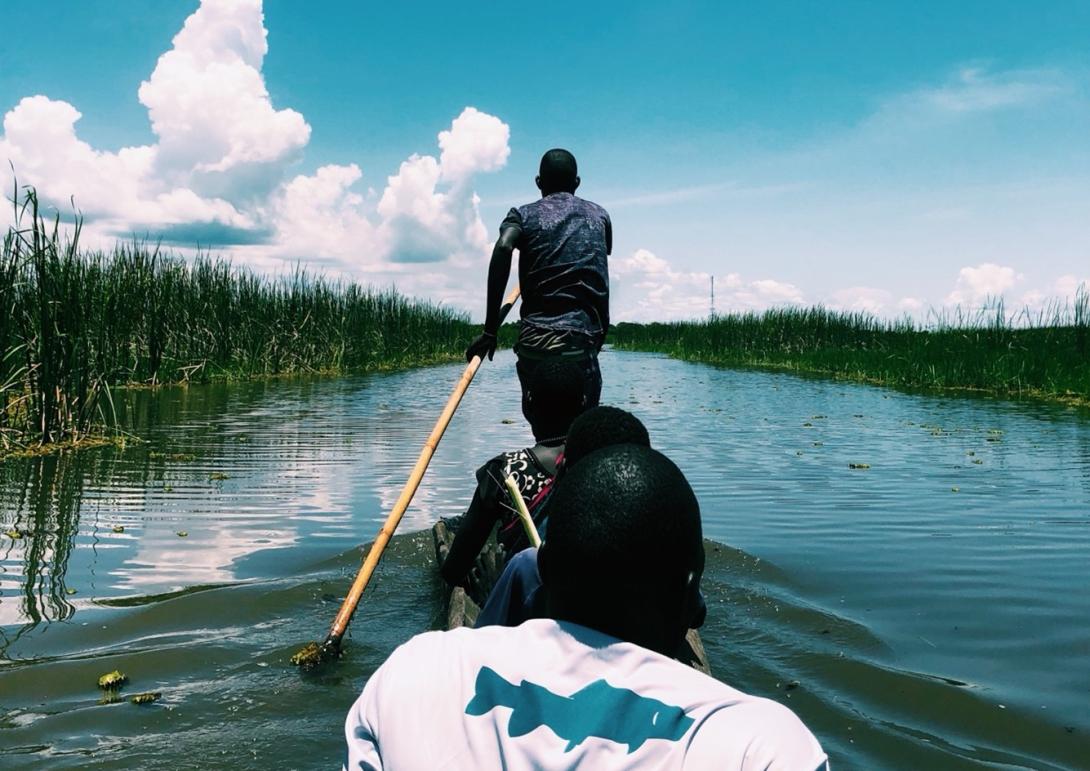
Implications of the Election Postponement
The decision to delay South Sudan’s elections until 2026 sparked widespread condemnation from citizens, civil society and the international community. A coalition of activist lawyers, led by John Deng, is challenging the extension in court, calling it unconstitutional. UN officials and Western diplomats criticized the leadership’s lack of accountability and failure to implement the 2018 peace agreement, while human rights groups warned the delay could entrench the ruling elite and erode public trust, with UN Human Rights Commission Chair Yasmin Sooka accusing the government of blocking democratization for self-serving interests.
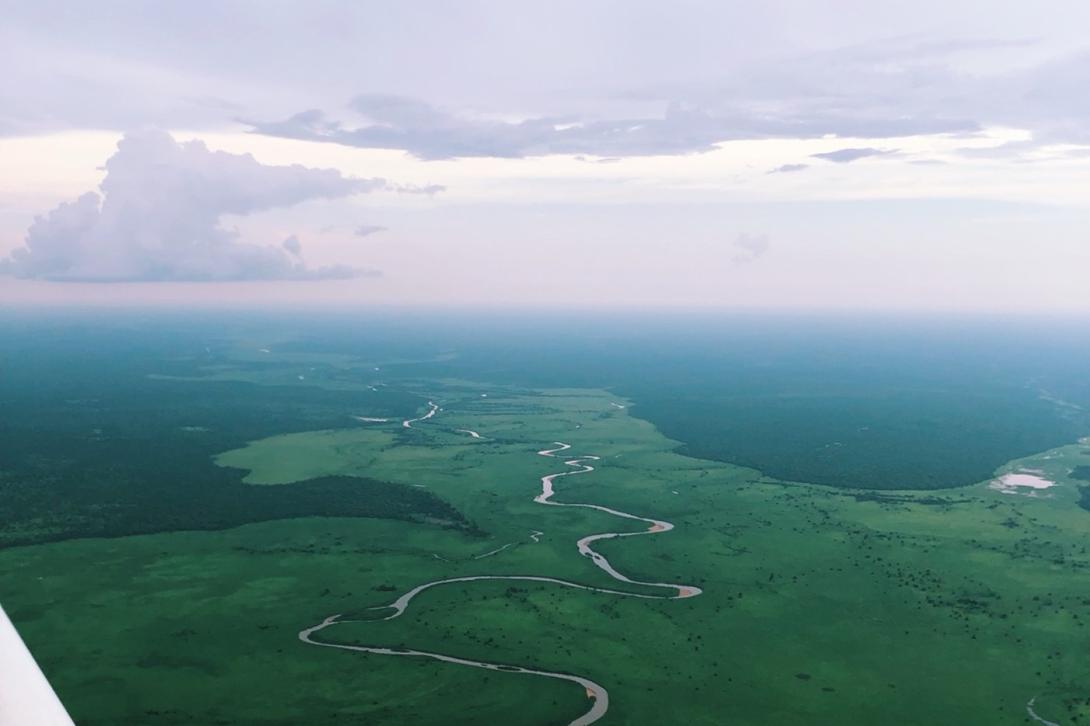
Will South Sudan experience an election in 2026?
The outlook for elections in South Sudan remains bleak. Significant challenges must be addressed to ensure a credible and peaceful electoral process, which include much-needed security reforms, the establishment of independent electoral bodies, and the safeguarding of political freedoms. Creating safe, inclusive civic spaces is crucial for fair, credible and peaceful polls. Additionally, a population census is urgently needed, as the last one was conducted in 2008 when South Sudan was still part of Sudan.
International pressure from the African Union, the Intergovernmental Authority on Development (IGAD) and of the Troika (U.S., Norway and Britain) will be key to driving reforms, but without genuine commitment from South Sudanese leaders, progress will continue at glacial pace. Further delays are likely if the government in the oil-rich country continues to prioritize political survival over democratic transition.
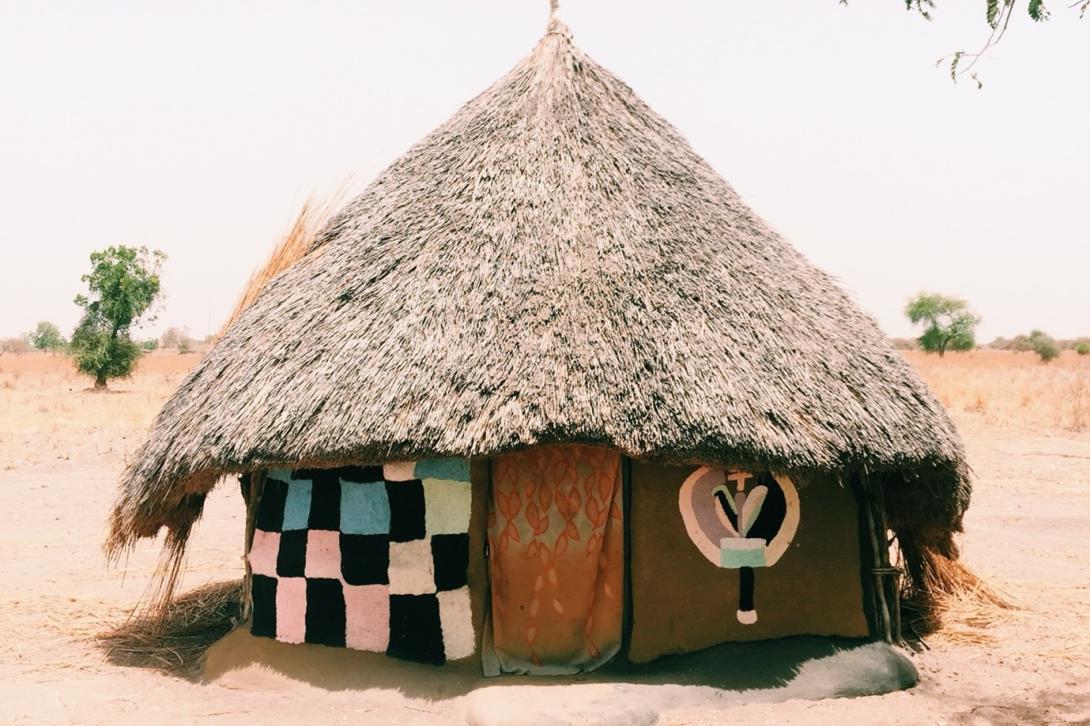
The Path Ahead
South Sudan’s decision to postpone its elections is emblematic of the broader challenges facing the young nation, and the government is running out of excuses. While the country’s leaders continue to cite security and logistical concerns, this delay only heightens skepticism about their commitment to genuine reform. The constant deferral suggests an unwillingness to address core political and governance problems, perpetuating a cycle of instability and transition. For South Sudan to achieve lasting peace and credible elections, it must involve non-signatory parties – including women, youth and civil society – in the political process and address deep-rooted discontent. As 2026 approaches, the world watches to see whether South Sudan can overcome its challenges and hold elections that reflect the will of its people, who continues to nurture hope for a better future.




